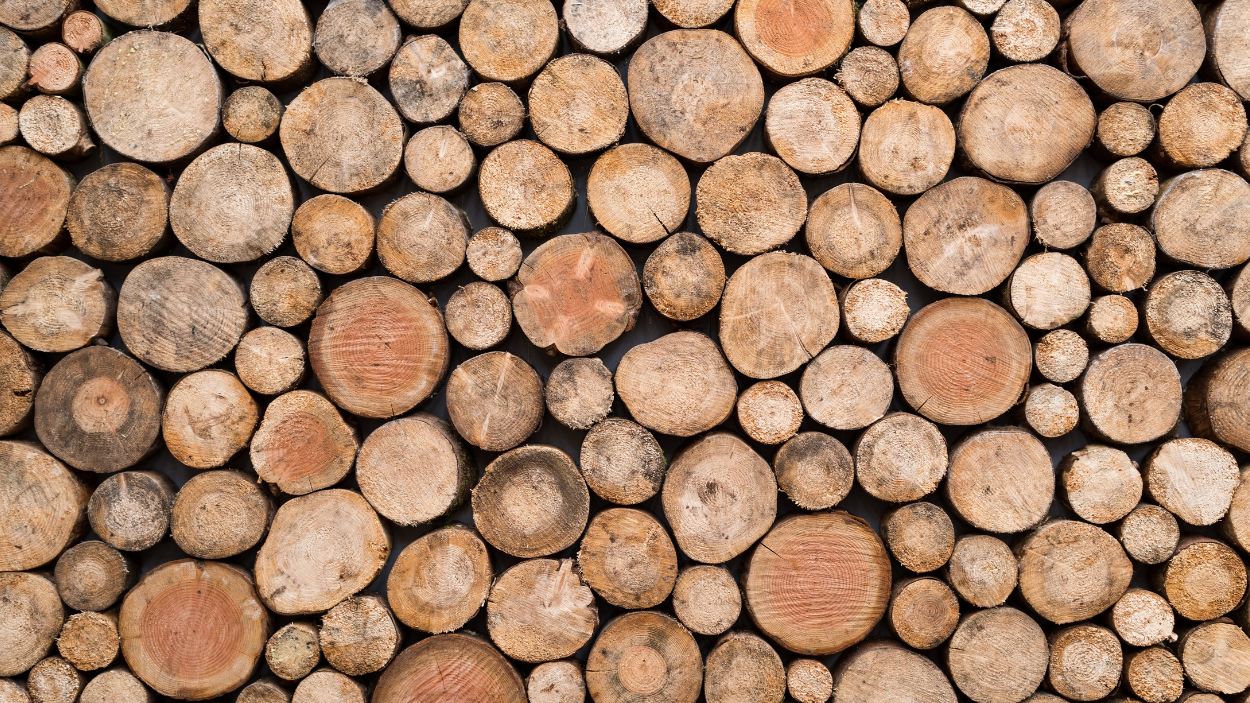Ground coffee is a popular horticultural additive that has many benefits for plants. They are rich in potassium, phosphorus, and nitrogen, which are important elements for plant growth. Ground coffee can also help retain moisture and deter pests. We'll walk you through the steps of using coffee grounds in the garden and answer some frequently asked questions.
Can I Use Coffee Grounds on All Plants?
 You can use coffee grounds for most plants. After all, the acidity in coffee is not as high as you might think because most of the acid has been extracted after brewing the coffee. Soil with good acidity will help plants absorb nutrients better.
You can use coffee grounds for most plants. After all, the acidity in coffee is not as high as you might think because most of the acid has been extracted after brewing the coffee. Soil with good acidity will help plants absorb nutrients better.
How To Use Coffee Grounds in The Garden?
The following advice will help you use coffee grounds in your garden:
Composting coffee grounds: Coffee grinds can be added to a compost pile of leaves or food scraps to boost the nutritional content and hasten the decomposition process. However, you should note that coffee grounds should not be more than 25% of the total weight of the compost because it will make acidic fertilizer not good for your vegetable garden.
Mixing coffee grounds with wood chips or sawdust: Such mixing will create a fertilizer mixture that, when used to fertilize vegetables, will help regulate moisture to help the humus layer breathe and not dry.
Use coffee grounds as dry fertilizer: After making coffee, you can spread the coffee grounds evenly on a newspaper to dry. After the coffee grounds are dry, you can store them in plastic bags and then use them to directly fertilize clean vegetables within 3 weeks. Next, sprinkle dry coffee grounds on the vegetables, you should water a little more water.
Use coffee grounds as a water fertilizer: You can use 250g of coffee grounds and mix it with 02 liters of water to form a liquid solution and then apply it around the base of vegetables.
Bury coffee grounds in the ground: The root of vegetables can also be fertilized with coffee grinds before being covered with soil.
FAQs about Coffee Grounds
1. What negative effects might excessive coffee grounds application have on plants?
Coffee grinds can be composted before using them as a fertilizer for indoor plants. Because adding coffee grounds directly to indoor soil might result in excessive wetness, which can encourage the spread of fungi and even stunt plant growth.
2. What are the benefits of using coffee grounds in the garden?
Coffee grounds contain several substances necessary for plant growth, such as calcium, potassium, iron, phosphorus, residue, and chromium, etc. In addition, coffee grounds have the effect of reducing levels Heavy metals cause soil pollution.
Final Thought
Coffee grounds can be a useful addition to your garden because they give plants nutrients and other advantages. To prevent any unwanted consequences, it's crucial to utilize coffee grinds appropriately. You may encourage plant growth while also reducing trash by putting coffee grounds in your garden according to these guidelines.




